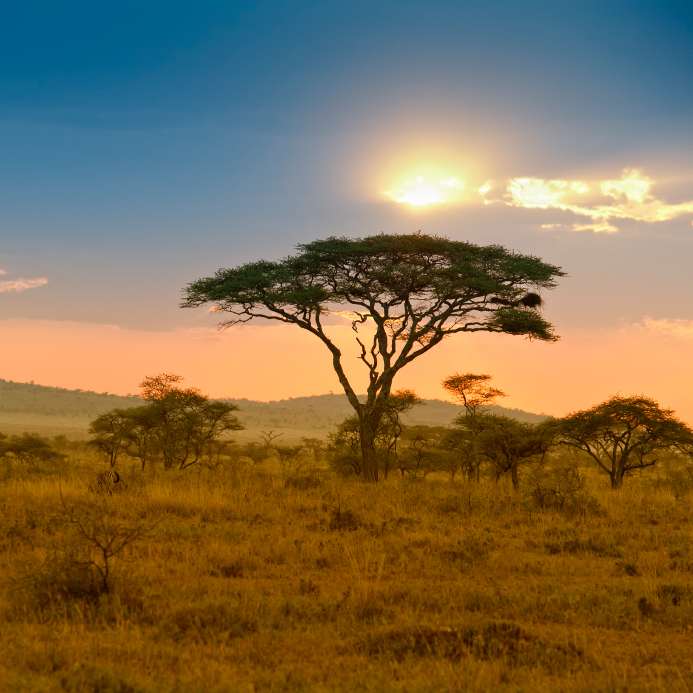Update from Ethiopia #4

We finished our last interviews today. We each felt like we gained levels of understanding of the complex world here in a fashion that a library of books would likely not provide. We had the privilege of hearing how these wise and gentle warriors for the heart fight for cultures that seldom address sexuality, shame, or abuse. It is hard to describe how much risk and cultural ostracism they face as they work with prostituted women and children.
What I found crucial is how seldom any stories of one’s own suffering or joy are told to others. As Wonde, one of the men in my group said,’ I wouldn’t expect even someone in my family would want to hear about my military service or how what I am thinking about when I read a book.” Not to fault my children or my larger world, but I realized my experience is not that different. We live in a world that allows people to publicly share dark family secrets and it is not uncommon to read on facebook personal details that seem far more revelatory than seems appropriate. Yet, our stories seldom reach the depth or detail that truly allow people to know us, even in our families, or maybe most profoundly in our families. The men admitted they are lonely, afraid to share, and aware the cost of doing so will likely be broken trust and the loss of respect. Then if their story involves sexual abuse the stakes are a thousand times higher. It is nearly impossible to tell and still remain in the family especially if the abuser is a family member or a respected outsider.
It is the dark and brilliant work of evil–to create shame that creates more shame if it is addressed and so one must remain in the bondage of silence to retain even the slightest possibility of inclusion in the family. To remain respected one must live a lie; to live a lie is to always know one is living in an undisclosed darkness that steals the light of joy.
One of the most important things we have come away from our conversations is the deep commitment of these African men and women to not remain silent. They know that to deal with prostitution the issues of sexual abuse in the past must be addressed. To do that well they have to risk telling their own stories of past harm with greater courage and detail.
As we entered the stories from the interviews, not only did we gain greater understanding about the harm of abuse, we also saw hearts freed from the necessity to remain hidden and silent. We captured many of the stories on videotape and hope over the next year to share the faces of those whom we were privileged to know.
On the way to find a computer to write this brief note I walked into a wall. I think I saw it but I didn’t seem to have the ability to react fast enough to not hit my head. I stood back and looked at the wall as if it had jumped out at me but I am quite aware it was there all the time. I am tired. But more than exhausted I am in a daze with stories, faces, and a vision for the days ahead. These men and women are vastly open, hungry, and are asking for help. But they are aware after this week even more than they were before they don’t need Americans coming over and deciding for them where a well needs to be dug. They need to make that decision in collaboration. True collaboration where lives have been deeply shared, where tears have been comingled, where laughter has richocheted off the walls and merged into a symphony of praise, and where the old white American Psychologist has lost in PIG (the basketball version) so often that he has gotten an Amharic nickname for an oinker. It is only then that collaboration in this realm of attending to shame and entering the dark waters of abuse can be done with the possibility of resurrection. It is only then where light overpowers the darknes.
If there is one thing we know we have accomplished it is that we have been in awe and delighted to the depths of our toes with their lives. We love their faces. And we have been granted a taste of their lives and wars and we believe that data will lead us to the next village on this journey. Thank you from all of us, Abby, Becky, Jan and Dan.
